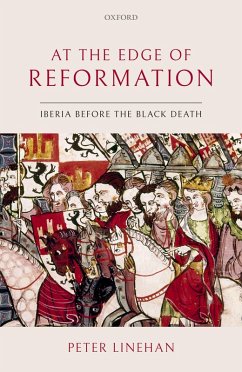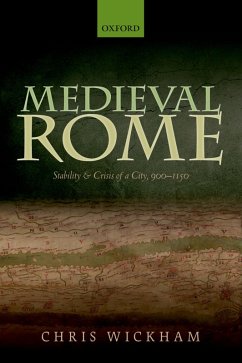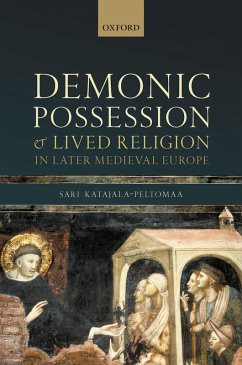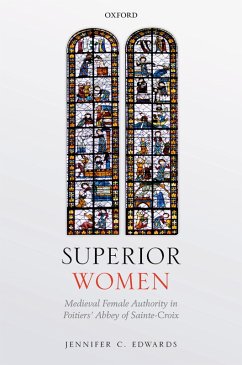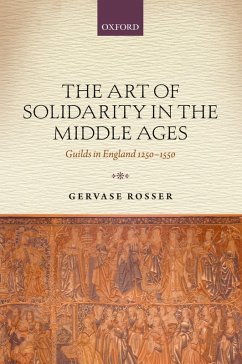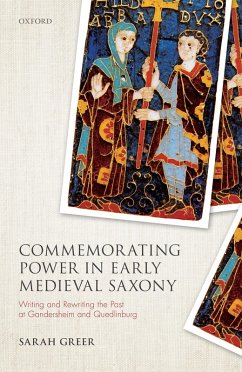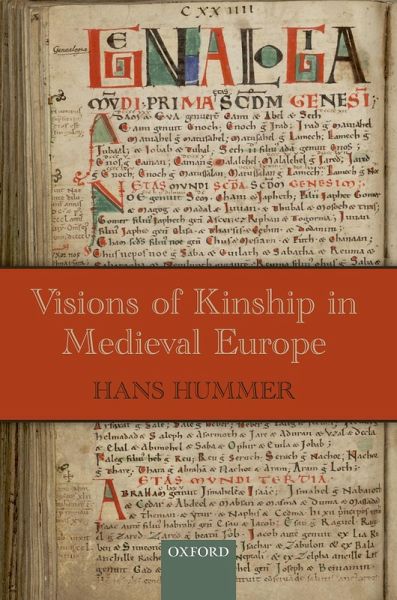
Visions of Kinship in Medieval Europe (eBook, PDF)
Versandkostenfrei!
Sofort per Download lieferbar
39,95 €
inkl. MwSt.
Weitere Ausgaben:

PAYBACK Punkte
20 °P sammeln!
What meaning did human kinship possess in a world regulated by Biblical time, committed to the primacy of spiritual relationships, and bound by the sinews of divine love? In the process of exploring this question, Hans Hummer offers a searching re-examination of kinship in Europe between late Roman times and the high middle ages, the period bridging Europe's primitive past and its modern future. Visions of Kinship in Medieval Europe critiques the modernist and Western bio-genealogical and functionalist assumptions that have shaped kinship studies since their inception in the nineteenth century...
What meaning did human kinship possess in a world regulated by Biblical time, committed to the primacy of spiritual relationships, and bound by the sinews of divine love? In the process of exploring this question, Hans Hummer offers a searching re-examination of kinship in Europe between late Roman times and the high middle ages, the period bridging Europe's primitive past and its modern future. Visions of Kinship in Medieval Europe critiques the modernist and Western bio-genealogical and functionalist assumptions that have shaped kinship studies since their inception in the nineteenth century, when Biblical time collapsed and kinship became a signifier of the essential secularity of history and a method for conceptualizing a deep prehistory guided by autogenous human impulses. Hummer argues that this understanding of kinship is fundamentally antagonistic to medieval sentiments and is responsible for the frustrations researchers have encountered as they have tried to identify the famously elusive kin groups of medieval Europe. He delineates an alternative ethnographic approach inspired by recent anthropological work that privileges indigenous expressions of kinship and the interpretive potential of native ontologies. This study reveals that kinship in the middle ages was not biological, primitive, or a regulator of social mechanisms; nor was it traceable by bio-genealogical connections. In the Middle Ages, kinship signified a sociality that flowed from convictions about the divine source of all things and which wove together families, institutions, and divinities into an expansive eschatological vision animated by 'the most righteous principle of love'.
Dieser Download kann aus rechtlichen Gründen nur mit Rechnungsadresse in A, B, BG, CY, CZ, D, DK, EW, E, FIN, F, GR, HR, H, IRL, I, LT, L, LR, M, NL, PL, P, R, S, SLO, SK ausgeliefert werden.






